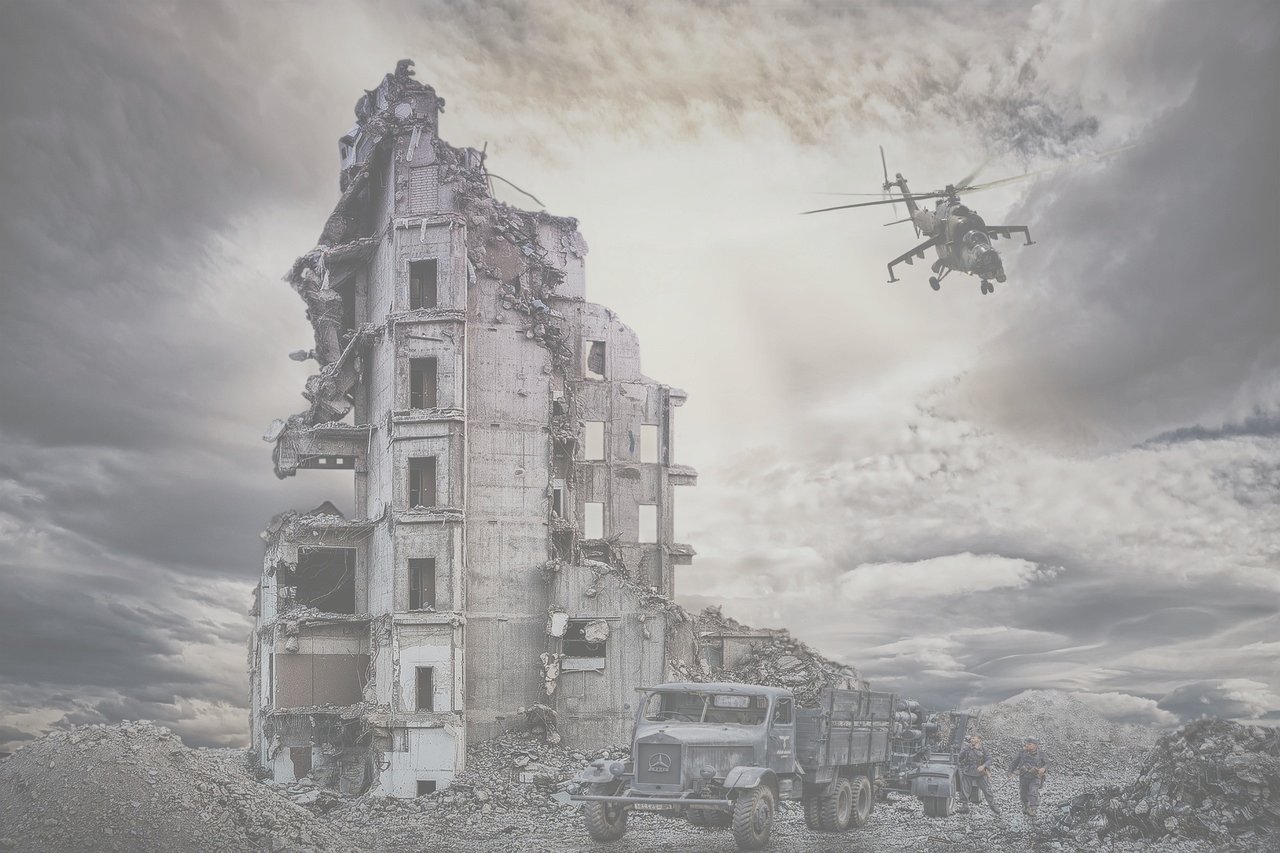What is ‘Conflict and Cooperation’?
For JC students taking H2 History (9174), it is one of the featured topics in Paper 1 Theme III. In this topic, we will examine four case studies to understand the significance of inter-state conflicts and intra-state conflicts.
There are three major areas of study for H2 History students:
- Causes: Decolonisation, security, territorial sovereignty, nationalism, religion, economic interests
- Role of different actors in the development of conflicts
- Effectiveness of conflict management
There are four case studies are as follows:
- Arab-Israeli Conflict (1948-1979)
- Indo-Pakistani Conflict (1947-1972)
- Congo Crisis (1960-1965)
- Bosnian War (1992-1995)
Browse the featured articles below to find out more.

Why did the Ten Day War Happen?
Examine the brief military conflict waged by the Yugoslav People's Army after Slovenia declared independence from Yugoslavia.
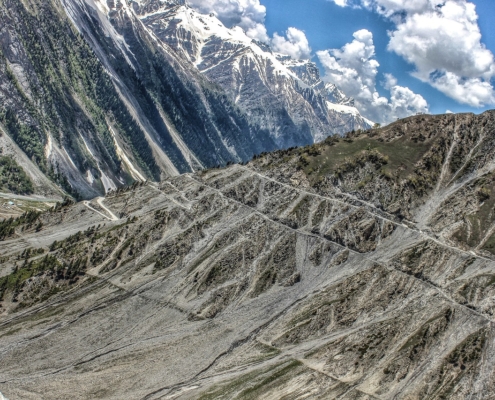
What is Operation Gibraltar?
Learn more about the clandestine operation that sparked the second Indo-Pakistani War in 1965.
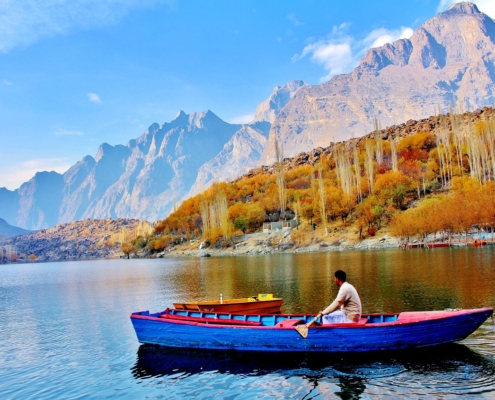
How did Pakistan came into existence?
Explore the historical context of the 'Great' Partition that led to the formation of independent Pakistan on 14 August 1947.

What is Article 370?
Learn more about Article 370 that gave Kashmir autonomy of internal administration since October 1949.
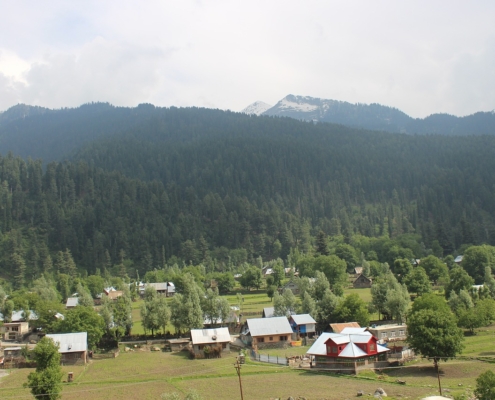
What is the Instrument of Accession?
Learn more about the legal document executed by Maharaja Hari Singh, ruler of Jammu and Kashmir on 26 October 1947.
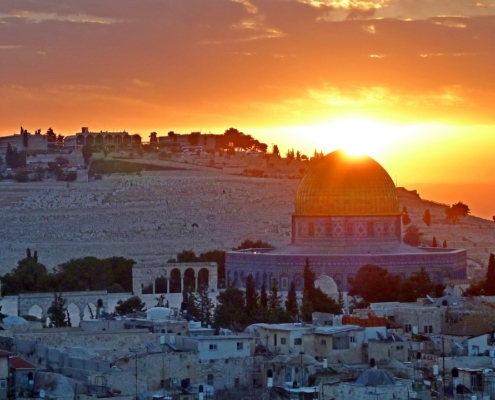
What is the United Nations Partition Plan?
Learn more about the proposal to partition Palestine based on the UNSCOP report and authorised by the UNGA in November 1947.
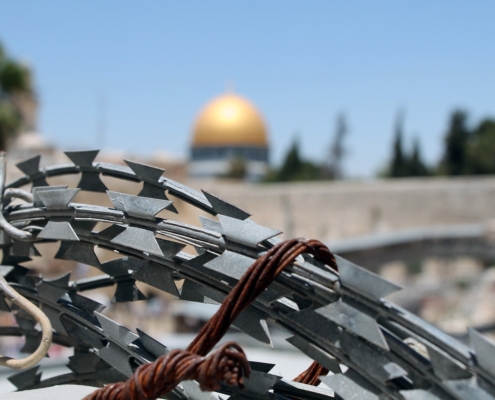
What is the Balfour Declaration?
Learn more about Balfour Declaration of 1917, which indicated the British acknowledgement and support of Zionism.

